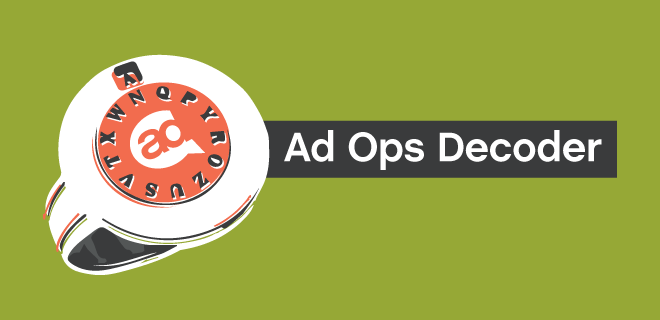
The Honest Ads Act is a piece of legislation introduced to the U.S. Senate in October of 2017, aiming to regulate political advertising on the internet in a similar way to how it’s regulated on radio and TV and in print. It speaks to a set of familiar issues in digital media: imposter social media accounts, fraudulent or malicious buyers misrepresenting themselves as legit businesses and orgs. But mainly it’s a reaction to foreign interference in political advertising during the run-up to the 2016 U.S. election. The Honest Ads Act is like a lot of bills, in that some people have criticized it for being too soft, other people have criticized it for being too harsh, and it doesn’t seem likely there’ll be much motion on it anytime soon.
So why are we talking about it now, five months after its introduction? Well, Facebook is under new scrutiny for how political data company Cambridge Analytica pulled in millions of Facebook users’ data without their knowledge or consent, and that’s amplifying any unsettled transparency issues the social platform is facing, including the “Russian interference” question.
Let’s take a look at what’s in the Honest Ads Act. It’s a bipartisan bill, introduced by Senators Mark Warner (D-VA, and the top Democrat on the Senate Intelligence Committee), John McCain (R-AZ) and Amy Klobuchar (D-MN). Its goal is to regulate political campaign ads and “issues” ads (ads that address policy, but don’t necessarily mention a specific candidate). It would require companies to disclose who bought the ads, how much the ads cost, and how the ads were targeted, and it proposes the ads and information around them be stored in a sort of public cache.
Political ads in print, TV and radio already have to include a “Paid for by…” disclosure, and the Honest Ads Act proposes bringing that same standard over to the internet—not much of a stretch, in theory. But this particular bill is under fire from multiple sides. Lobbyists for the major platforms, including the Internet Association (of which Facebook, Twitter and Google are members), are not keen on the ad cache, arguing it’ll be prohibitive to create and maintain such a thing. These groups also don’t want the platforms themselves to be liable for any shenanigans or dishonesty their ad buyers get up to. Even the IAB has said it’s best to leave the digital industry to self-regulate—an argument we’ve been hearing for years, and of course we can ask ourselves how well that’s worked for us so far. While those entities agree that transparency is important, they don’t think the Honest Ads Act is the answer.
Others say the act doesn’t do enough to combat the real problems we see in ad fraud. Take Russian troll farms, argued Bloomberg View’s Leonid Bershidsky: The very business of troll farms is to evade, to appear legit, and to skirt laws instead of clearly breaking them whenever possible. By this argument, the bill’s proposed solution has holes in it bad actors walk through every day.
Supporters of the bill say that even if it’s not perfect, we have to start somewhere. That said, the Honest Ads Act hasn’t gotten us there yet—but other bills seeking to disclose more information about the real buyers behind political ads have been introduced in state legislatures and even some cities. And for whatever “self-regulation” is worth, Mark Zuckerberg was on CNN on March 21 voicing support for some of the basic ideas behind the Honest Ads Act. “If you look at how much regulation there is around advertising on TV and print, it’s just not clear why there should be less on the internet,” he said. “People should know who is buying the ads that they see on Facebook, and you should be able to go to any page and see the ads that people are running to different audiences.” Well, that’s exactly what the act proposes.
Zuckerberg added Facebook has already been testing out a program for such disclosures in Canada, and that he hopes it’s running in the U.S. by the midterm elections. If they stick to that timeline, it seems safe to predict get to a solution before Congress does.
AdMonsters Resources:
Will Cambridge Analytica Hurt Facebook Ad Business?
Targeting Consent Is a Publisher/Vendor Team Effort